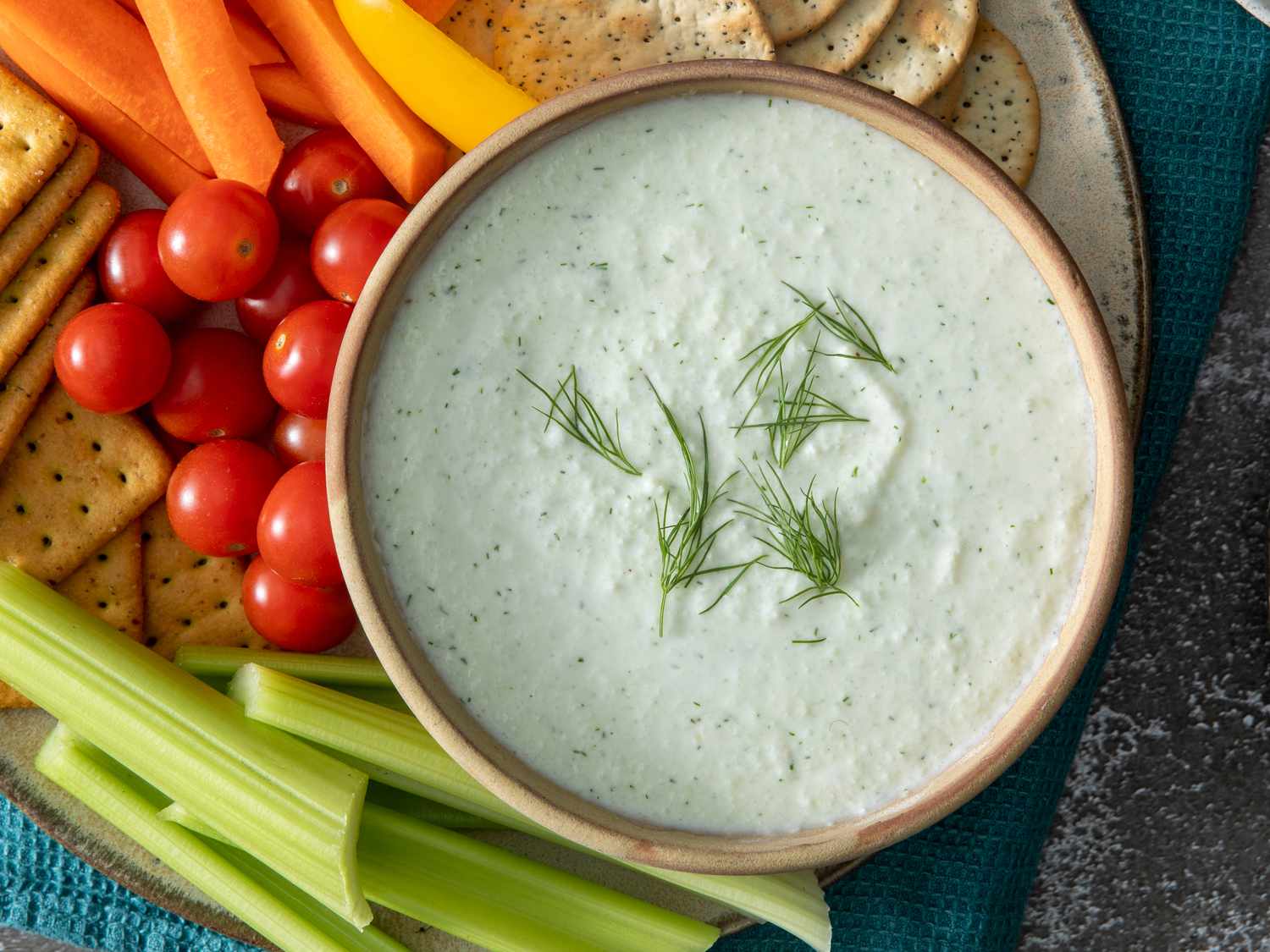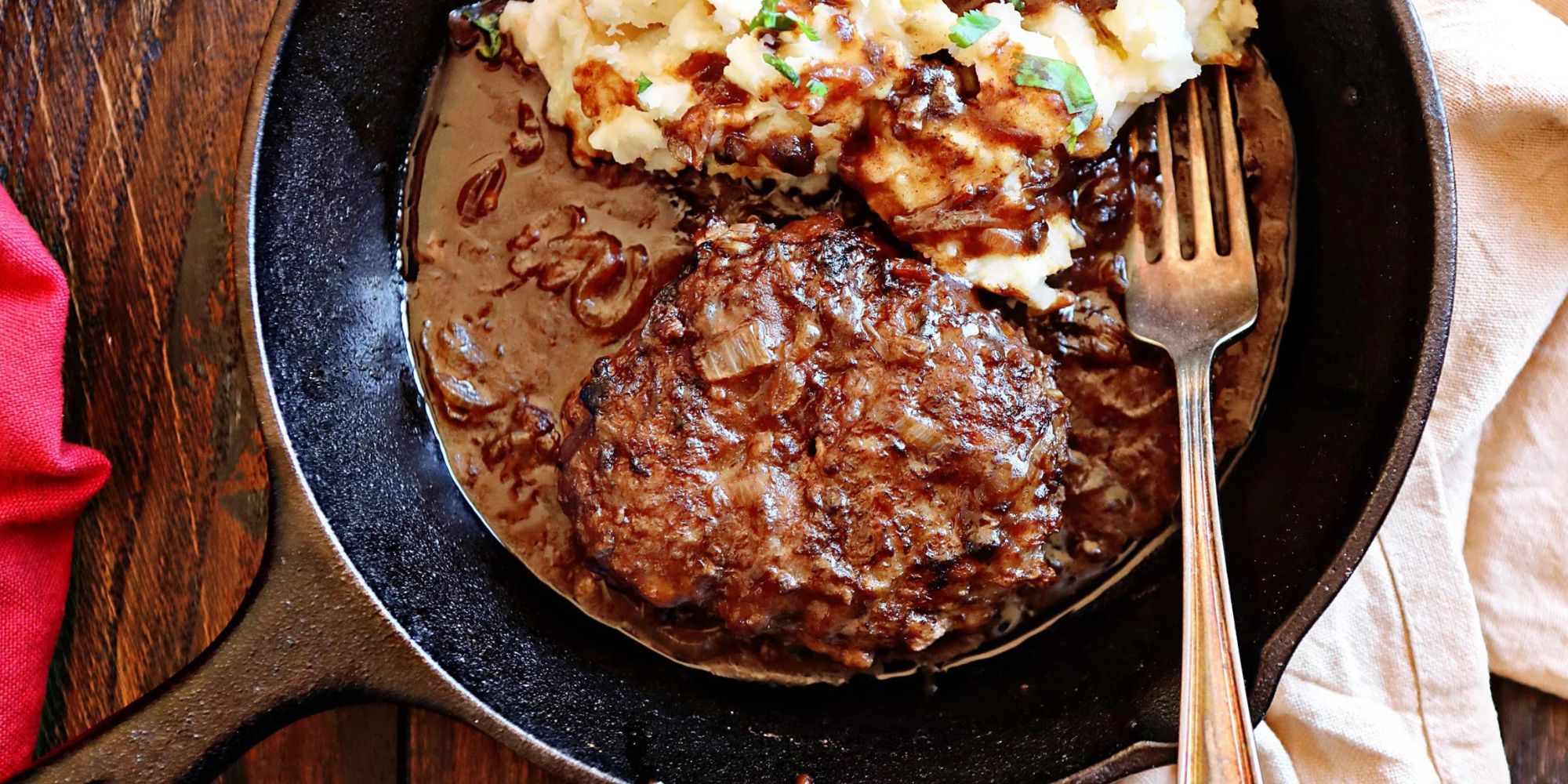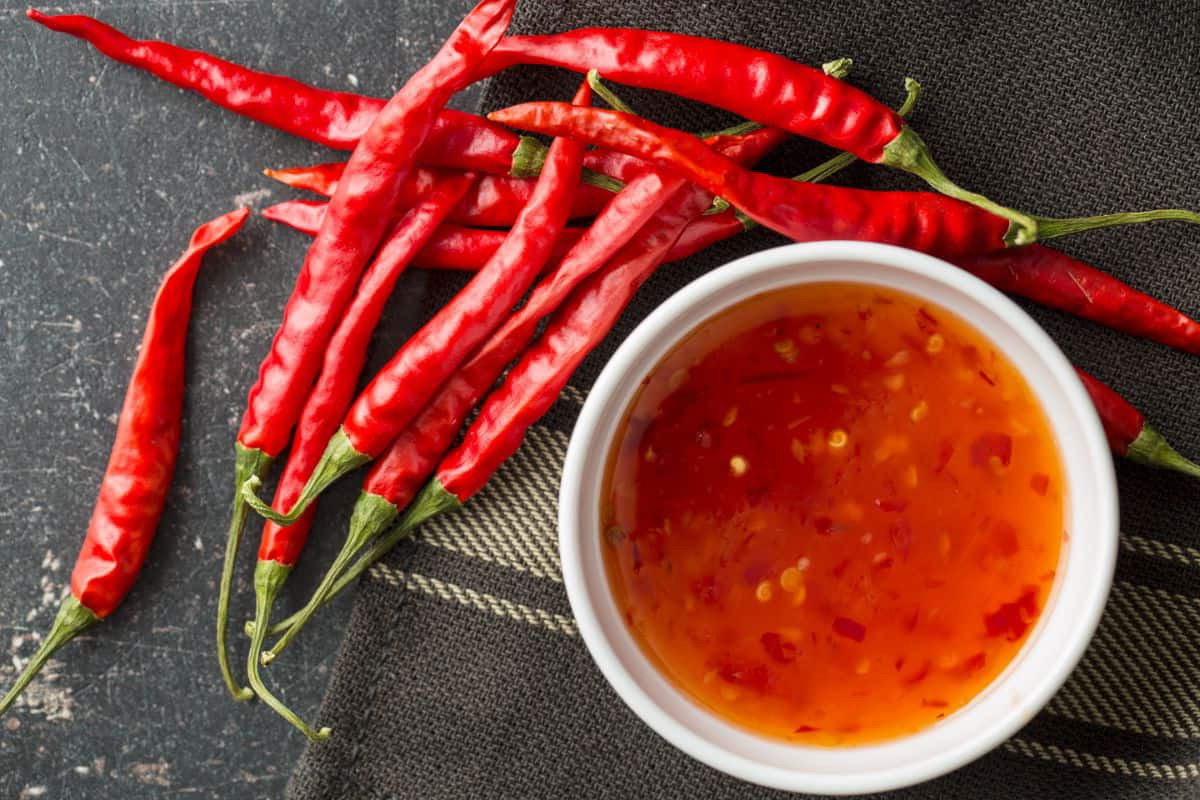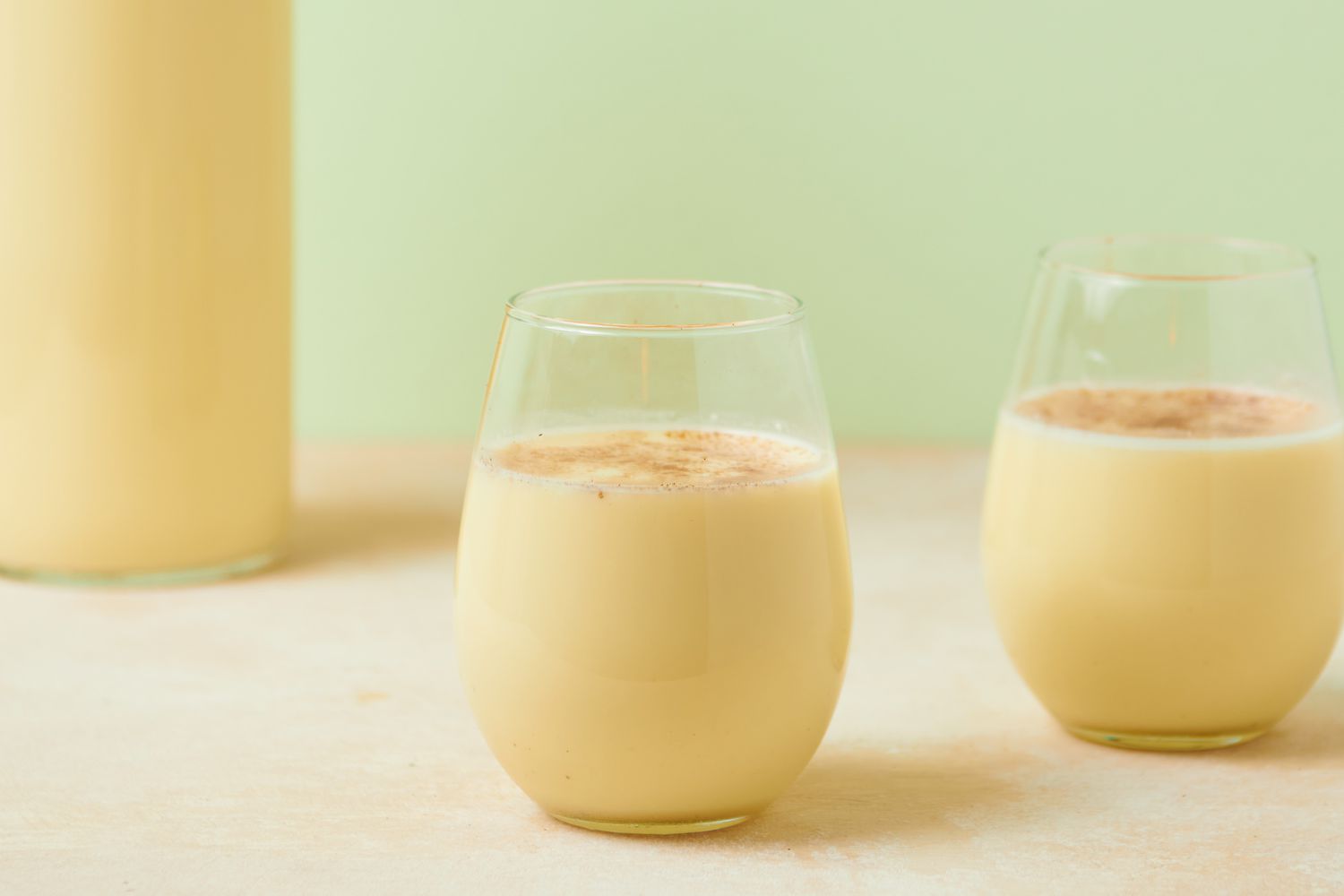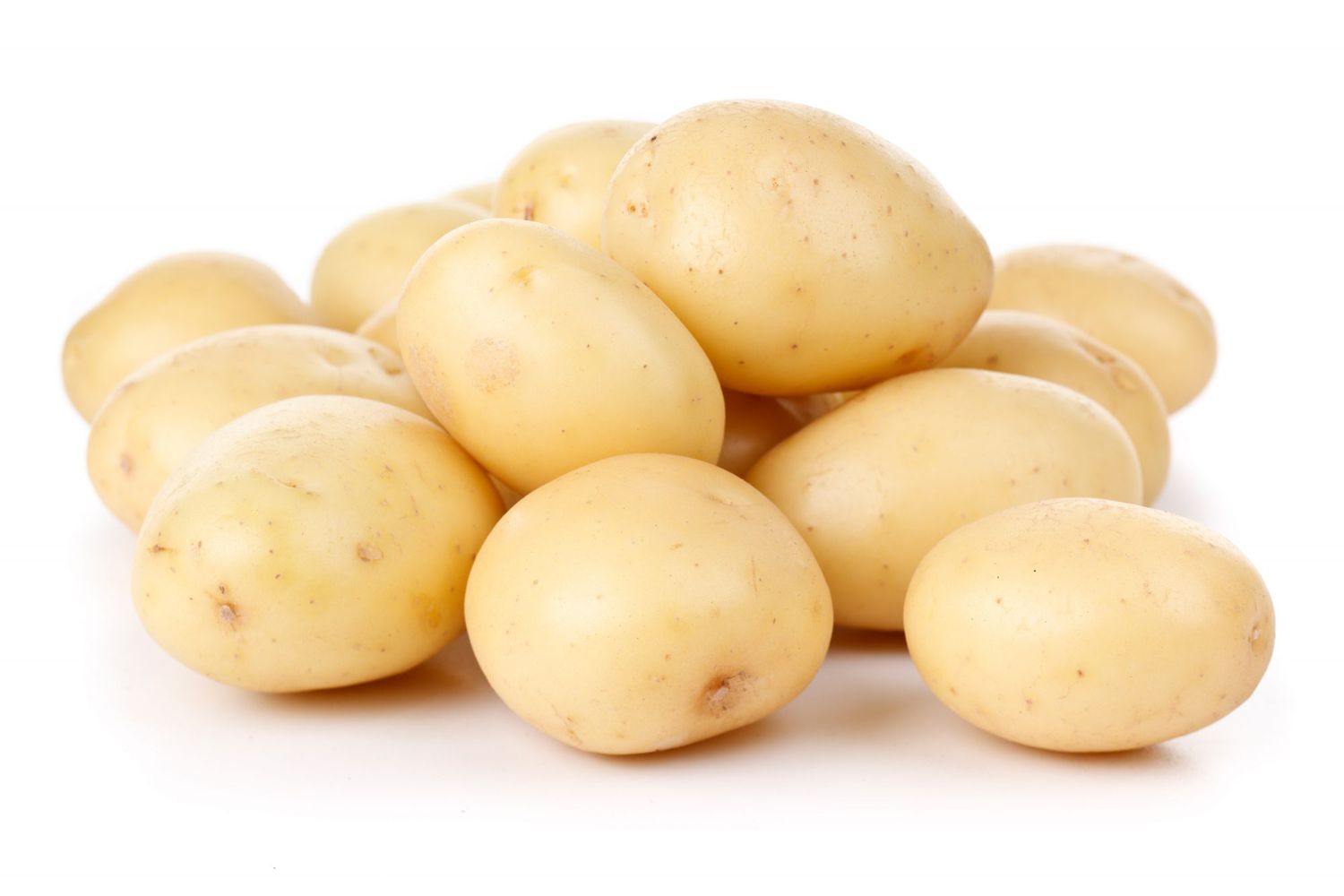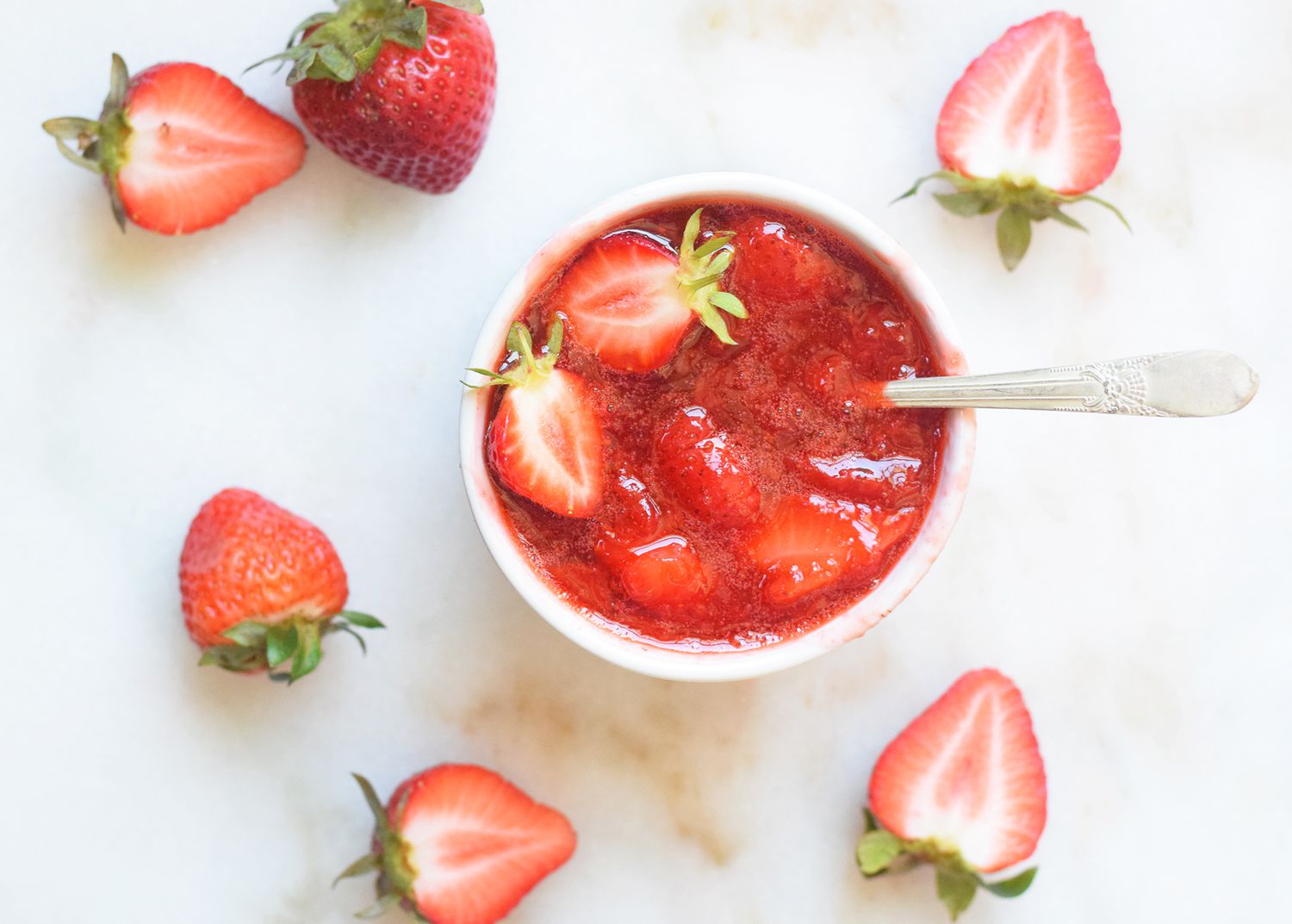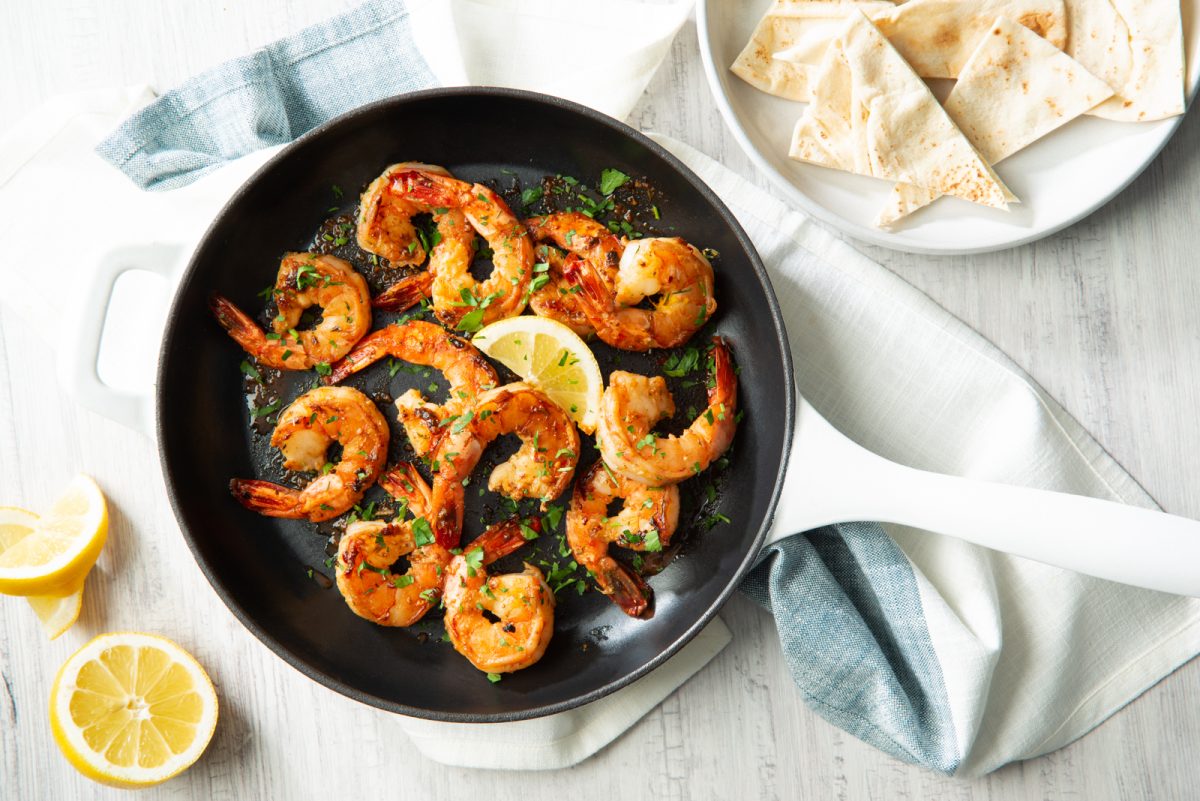When it comes to adding a flavorful kick to your salads, salad mustard is a popular choice. But what exactly is salad mustard, and how can you use it to enhance your favorite dishes? Let's dive into the world of salad mustard and explore its origins, flavors, and versatile uses.
What is Salad Mustard?
Salad mustard, also known as Dijon mustard, is a type of mustard that is commonly used as a condiment and flavoring agent in salads, dressings, and marinades. It is made from ground mustard seeds, vinegar, and other seasonings, giving it a tangy and slightly spicy flavor profile. Salad mustard comes in various forms, including smooth, coarse, and whole grain, each offering a unique texture and taste.
Origins of Salad Mustard
The origins of salad mustard can be traced back to the city of Dijon in France, where the condiment gained popularity in the 19th century. Dijon mustard is known for its smooth texture and bold flavor, making it a staple in French cuisine. Over time, the popularity of salad mustard spread beyond France, and it is now enjoyed in kitchens around the world.
Flavor Profile
Salad mustard boasts a distinctive flavor that adds depth and complexity to dishes. Its tangy and slightly spicy taste can vary depending on the type of mustard seeds used and the addition of other ingredients such as white wine, herbs, or spices. Whether you prefer a smooth and mellow mustard or a more robust whole grain variety, salad mustard offers a versatile range of flavors to suit different palates.
Versatile Uses
Salad mustard is a versatile ingredient that can be used in a variety of culinary applications. Here are some creative ways to incorporate salad mustard into your cooking:
-
Salad Dressings: Create a zesty vinaigrette by combining salad mustard with olive oil, vinegar, and herbs. The mustard adds a tangy kick and helps emulsify the dressing for a smooth consistency.
-
Marinades: Use salad mustard as a base for marinades for meats, poultry, or tofu. Its acidity and flavor-enhancing properties make it an excellent tenderizing agent.
-
Sandwiches and Wraps: Spread a layer of salad mustard on sandwiches and wraps to add a burst of flavor. It pairs well with deli meats, cheese, and vegetables.
-
Glazes: Brush salad mustard onto roasted vegetables or grilled meats to create a caramelized glaze. The mustard's bold flavor complements the natural sweetness of the ingredients.
-
Dips and Sauces: Mix salad mustard with mayonnaise, yogurt, or sour cream to create a zesty dip for vegetables or a tangy sauce for seafood.
Health Benefits
In addition to its culinary appeal, salad mustard offers some potential health benefits. Mustard seeds are rich in antioxidants and anti-inflammatory compounds, which may contribute to overall health and well-being. Additionally, the moderate consumption of mustard as a condiment can add flavor to dishes without significantly increasing calorie or fat intake.
In Conclusion
Salad mustard, with its origins in Dijon, France, offers a tangy and versatile flavor that can elevate a wide range of dishes. Whether used as a condiment, marinade, or flavoring agent, salad mustard adds a zesty kick and depth of flavor to salads, dressings, and other culinary creations. With its potential health benefits and culinary versatility, salad mustard is a staple condiment worth exploring in the kitchen.
Was this page helpful?
Read Next: What Is A Tomato Paste Substitute?
